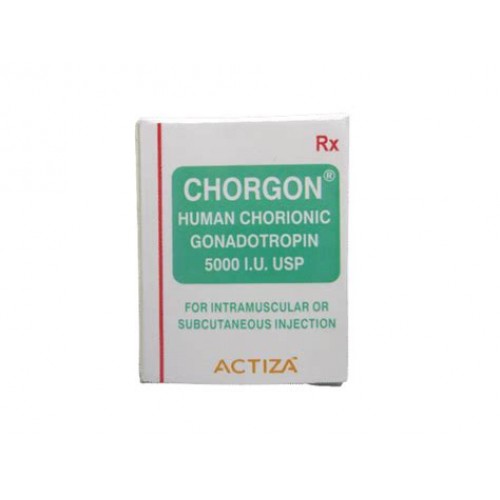Trade Names: hCG, Ovidrel, Pregnyl
Chemical Names: Gonadotrophin
Routes: Intramuscular or Subcutaneous
HCG
or human chorionic gonadotropin is a hormone commonly found in the placental
cells during pregnancy. It’s primary role is to help with the overall
development of the placenta. However, researchers have found several other benefits
to the use of HCG. Reports show it is able to restore testosterone production
in men as well as aid with male fertility. Other benefits tested by researchers
include the possibility of weight loss since HCG is able to suppress the hunger
hormone.
Human chorionic gonadotrophin (hCG) is a
glycoprotein hormone produced during pregnancy in humans. I was first
discovered in 1920 and later sold under prescription to the market in 1932 as
Pregnyl. At that time the hormone was extracted from animal pituitary glands.
In the 1940’s new manufacturing techniques were developed that allowed for the
hormone to be extracted from purified urine obtained from pregnant women. In
the case of Pregnyl this is still done to this day. Recently new techniques of
recombinant DNA modification allowed for a new synthetic product called
Ovidrel. Other than the differences in manufacturing processes there are some
notable differences in effects between Pregnyl and Ovidrel.Pregnyl only have
minimal effect on Follicle Stimulating Hormone (FSH) and primarily mimic
luteinizing hormone (LH). Where Ovidrel is much more superior to Pregnyl, is
that it stimulates FSH, LH and TSH (Thyroid-stimulating hormone) production
simultaneously thus repairing your testosterone function, sperm production and
thyroid function in one go. This is useful because when exogenous anabolic
steroids are put into the male body, natural negative-feedback loops cause the
body to shut down its own production of testosterone via shutdown of the
hypothalamic-pituitary-gonadal axis (HPGA). This causes testicular atrophy,
among other things. hCG is commonly used during and after steroid cycles to
maintain and restore testicular size as well as normal testosterone production.
High levels of steroids, that mimic the body's natural testosterone, trigger the hypothalamus to shut down its production of gonadotropin-releasing hormone (GnRH) from the hypothalamus. Without GnRH, the pituitary gland stops releasing luteinizing hormone (LH). LH normally travels from the pituitary via the blood stream to the testes, where it triggers the production and release of testosterone. Without LH, the testes shut down their production of testosterone. In males, hCG helps restore and maintain testosterone production in the testes by mimicking LH and triggering the production and release of testosterone. See the PCT article for how this protocol is applied. If hCG is used for too long and in too high a dose, the resulting rise in natural testosterone will eventually inhibit its own production via negative feedback on the hypothalamus and pituitary gland.hCG are injected intramuscular or subcutaneously using insulin syringes. Since hCG stimulates testosterone production, estrogenic and androgenic side-effects might be experienced. However hCG usage is often accompanied by some form of anti-estrogen and that will keep estrogen levels in check. Pregnyl should be stored in a refrigerator between 2°-8°C and once reconstituted it will gradually decrease in potency and eventually lose all effectiveness in about 3-4 weeks. Ovidrel on the other hand only requires storage of below 25°C and is very stable even in a reconstituted state and will last for well over 30 days even at room temperature. Take care when handling any reconstituted peptide hormone as the DNA chains are very fragile and easily destroyed when the vial is shaken or dropped.

